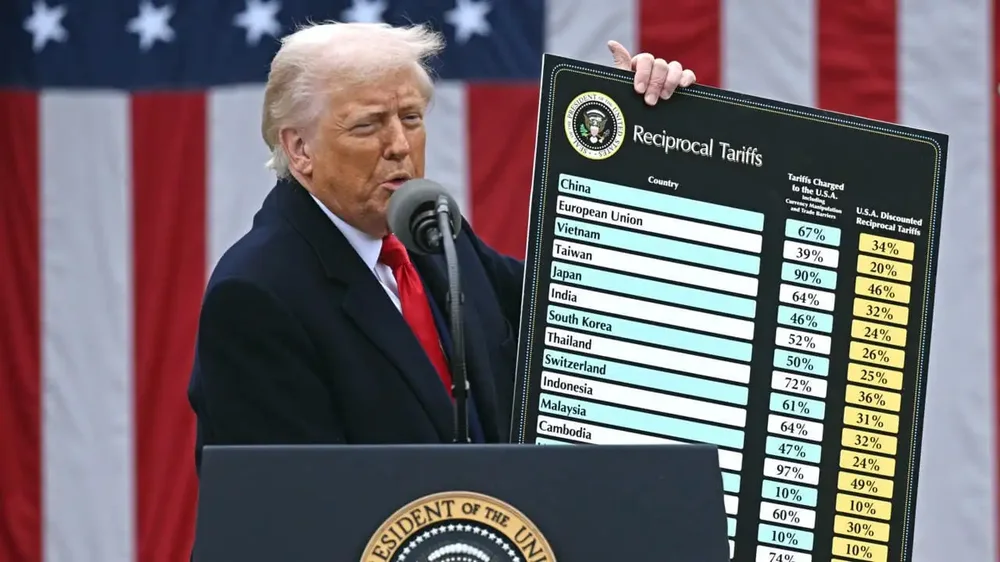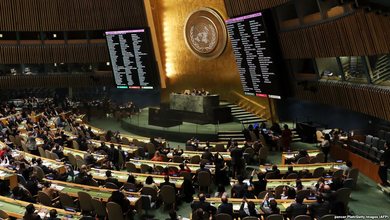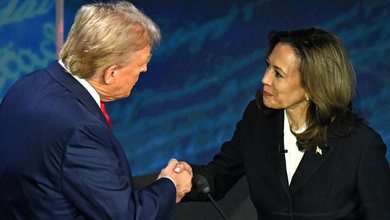
A US federal appeals court ruled on Friday that most of the tariffs imposed by US President Donald Trump were illegal, confirming an earlier ruling by a lower court and calling into question the Republican president's trade policy.
The decision does not affect tariffs that apply to specific sectors, such as steel and aluminum imports. However, the decision has been suspended until October 14, as the case is expected to go to the US Supreme Court.
President Trump called the Appeals Court's decision wrong, stressing that all the tariffs he imposed remain in effect.
“ALL TARIFFS REMAIN IN EFFECT,” Trump wrote in a post on his “Social Truth” platform. He added: “A very biased Appeals Court wrongly ruled that our tariffs should be removed, but they know the United States of America will win in the end.”
At the heart of this legal conflict is the question of whether Trump was right to use an old economic emergency law to impose high tariffs on major US trading partners.
Although the law does not explicitly mention tariffs, Trump has used it to impose new burdens on many countries, with the aim of restructuring trade relations and generating billions of dollars in revenue for the US budget.
Trump's approach was immediately challenged in the courts by small businesses and several American states, which argued that they were economically harmed by these unjustly imposed tariffs.
In May, a federal trade court ruled in favor of the plaintiffs, nullifying many of the tariffs imposed by Trump, arguing that the law in question does not give the president "unlimited power" to wage a global trade war.
The Trump administration immediately appealed the ruling, and the court allowed the tariffs to remain in place temporarily while their legality is reviewed. This paved the way for the then-White House to expand the use of tariffs, with a new wave of tariffs on over 90 countries even before the appeals court issued its final ruling.
During his second term in the White House, Trump has made tariffs a key pillar of American foreign policy, using them as a tool for political pressure and to renegotiate trade agreements with countries that export goods to the U.S. This strategy has given his administration advantages in reaching economic agreements, but it has also caused uncertainty and volatility in international markets.






















